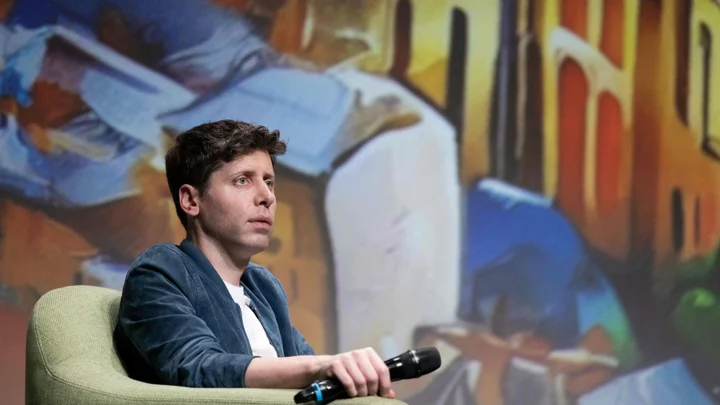OpenAI has no plans to close its operations in Europe, CEO Sam Altman said on Friday, reversing a previous threat to leave the region because of proposed AI legislation.
The about-face comes after a Wednesday event in London during his whistle-stop European tour this week, where Altman warned that his company is prepared to “cease operating” in the EU if it's unable to comply with upcoming AI legislation in the region. Speaking to Reuters, Altman added that he thought the current draft of the EU's AI Act was “over-regulating.”
Later, however, Altman tweeted that OpenAI was “excited to operate” in Europe and has “no plans to leave.” That came after he met with the leaders of France, Spain, Germany, Poland, and the UK (which is not planning any new domestic AI legislation) during his tour.
As Reuters notes, OpenAI had faced criticism for not disclosing data used to train its latest AI model GPT-4, which the ChatGPT maker had said was due to a “competitive landscape and safety implications.”
EU legislators are debating new proposals to the AI Act draft that would require any company using generative AI tools to reveal copyrighted material used to train its AI models.
Speaking about the proposals, Dragos Tudorache, a Romanian member of the European Parliament (MEP), told Reuters: “These provisions relate mainly to transparency, which ensures the AI and the company building it are trustworthy. I don’t see a reason why any company would shy away from transparency.”
The EU AI Act, if passed, would be the first set of rules to govern AI in the world.
OpenAI has faced issues in Italy, where the state privacy watchdog Garante blocked its ChatGPT platform due to alleged European privacy rule violations before it was reinstated when OpenAI rolled out new privacy measures.









